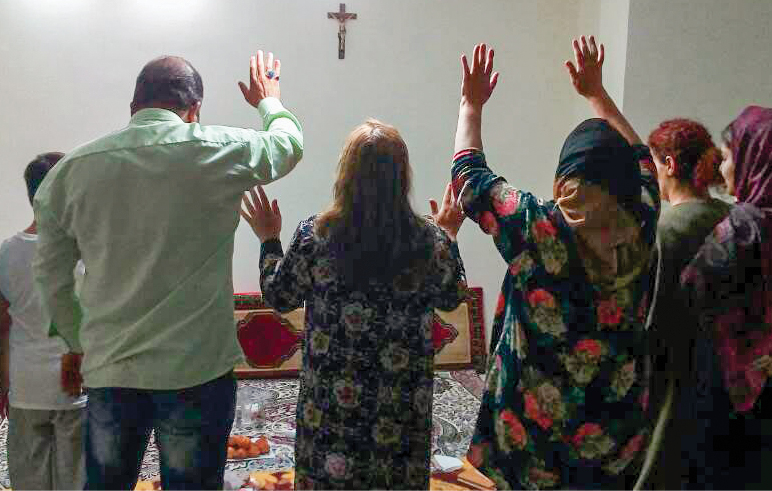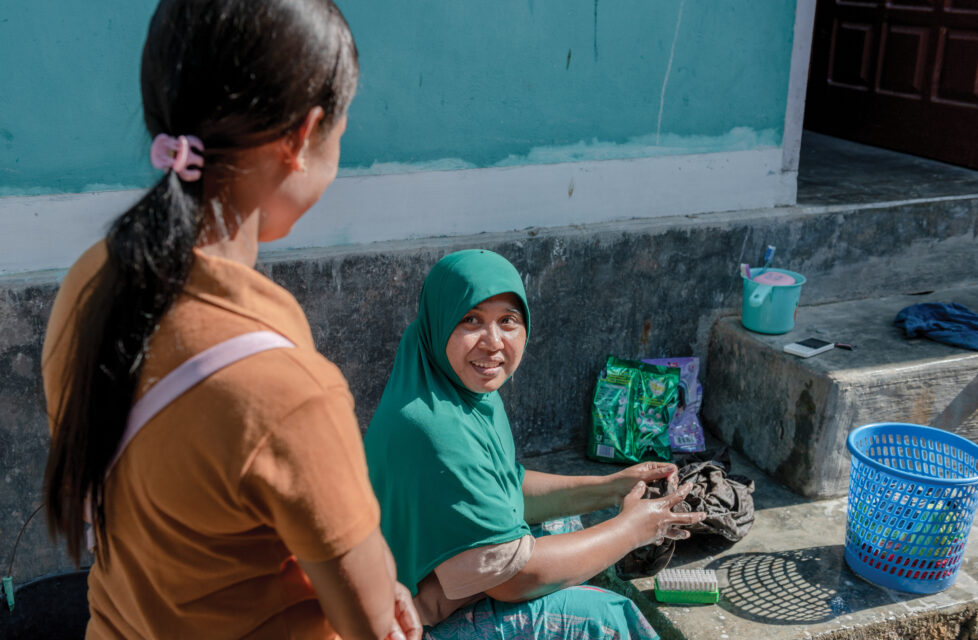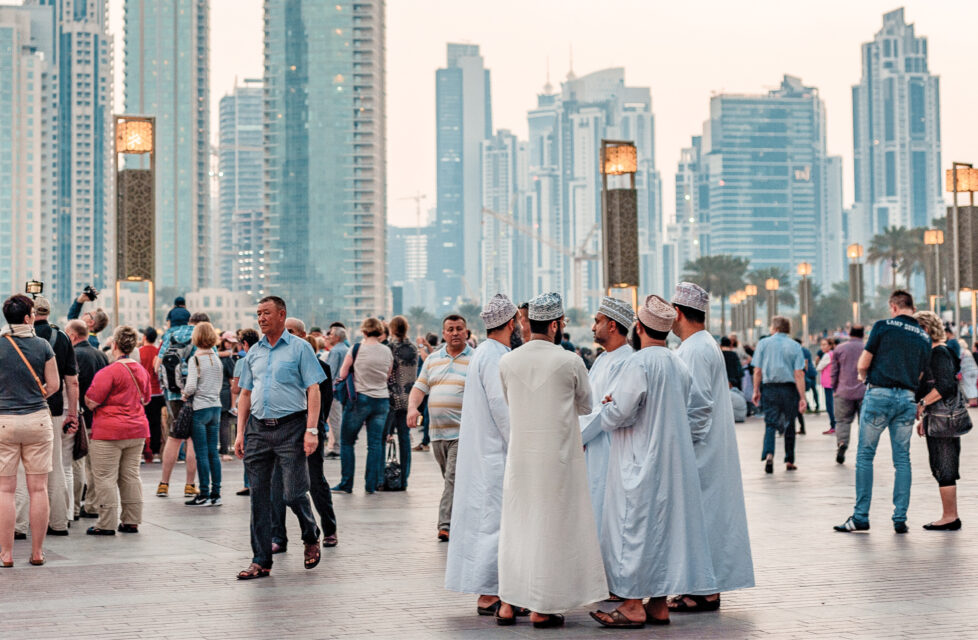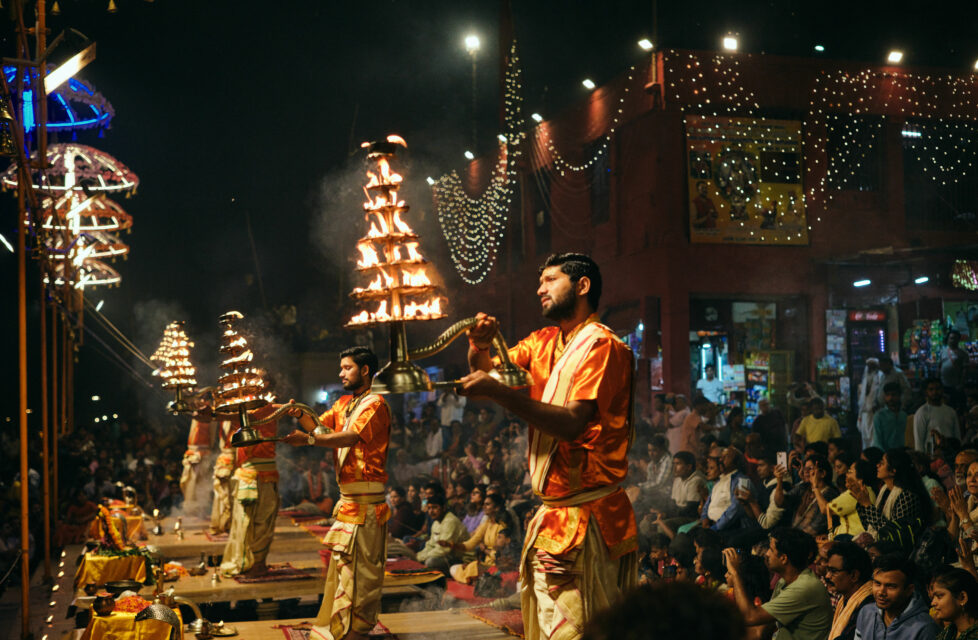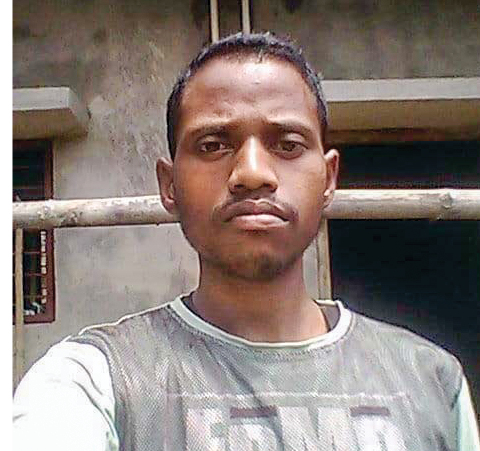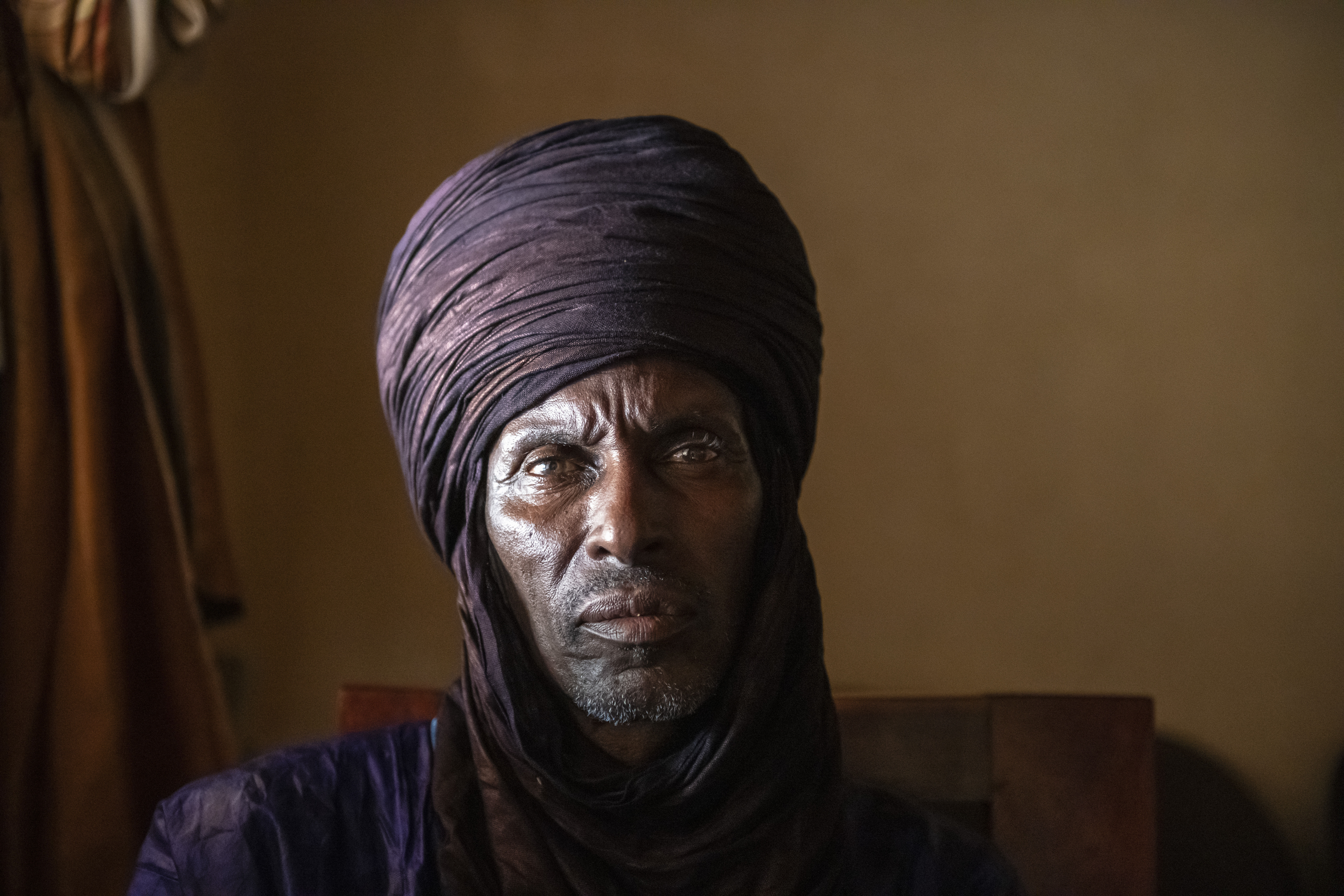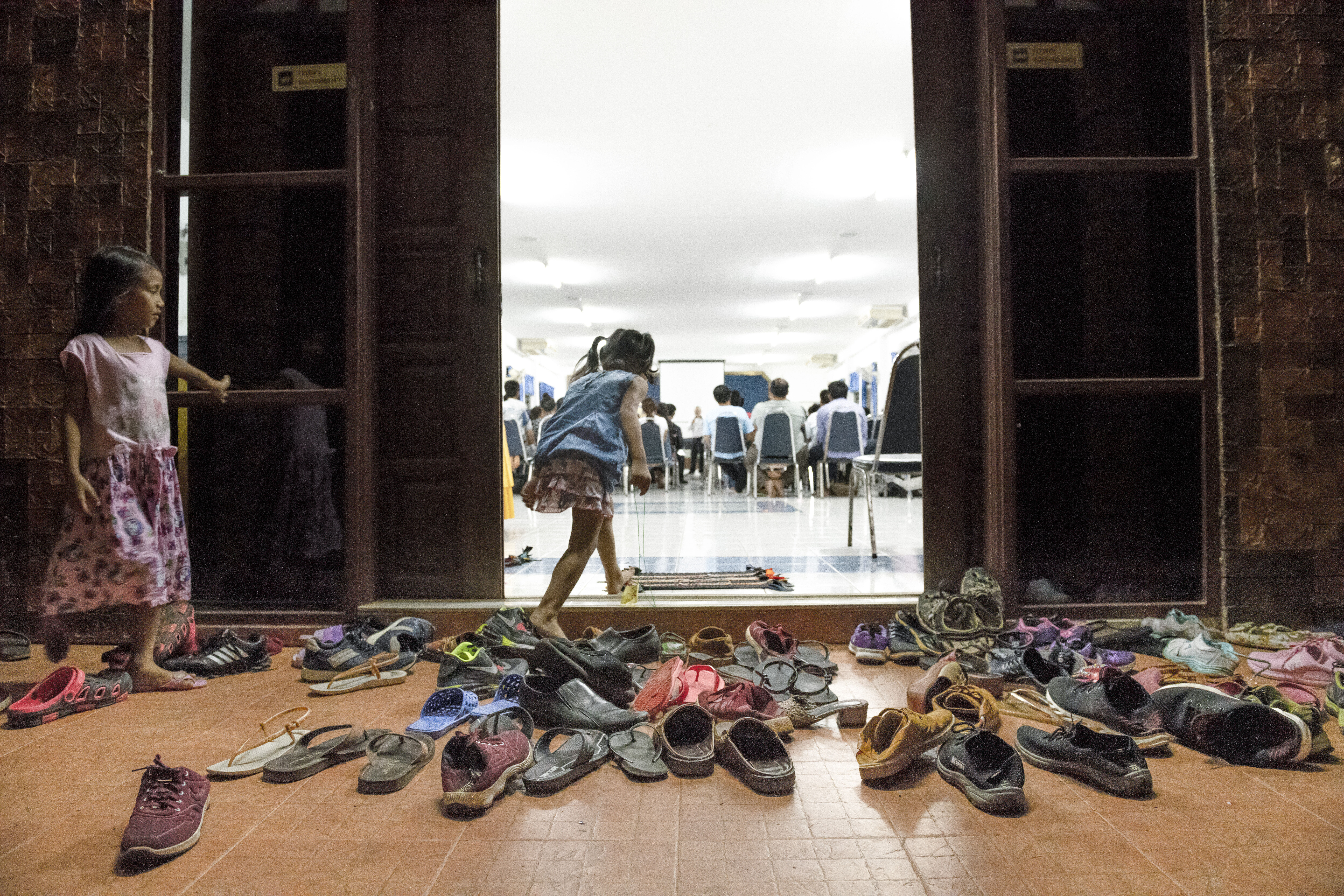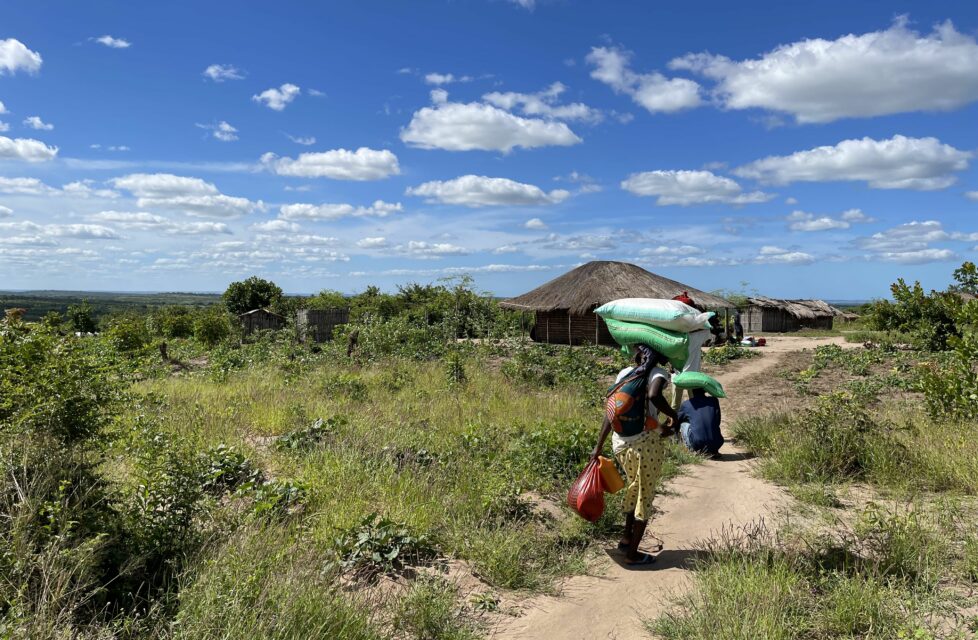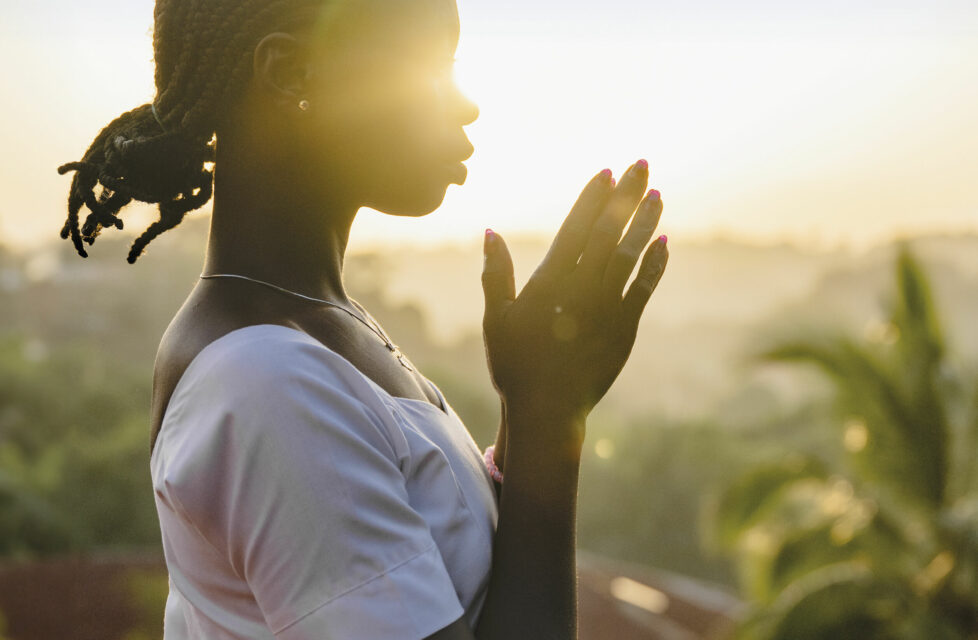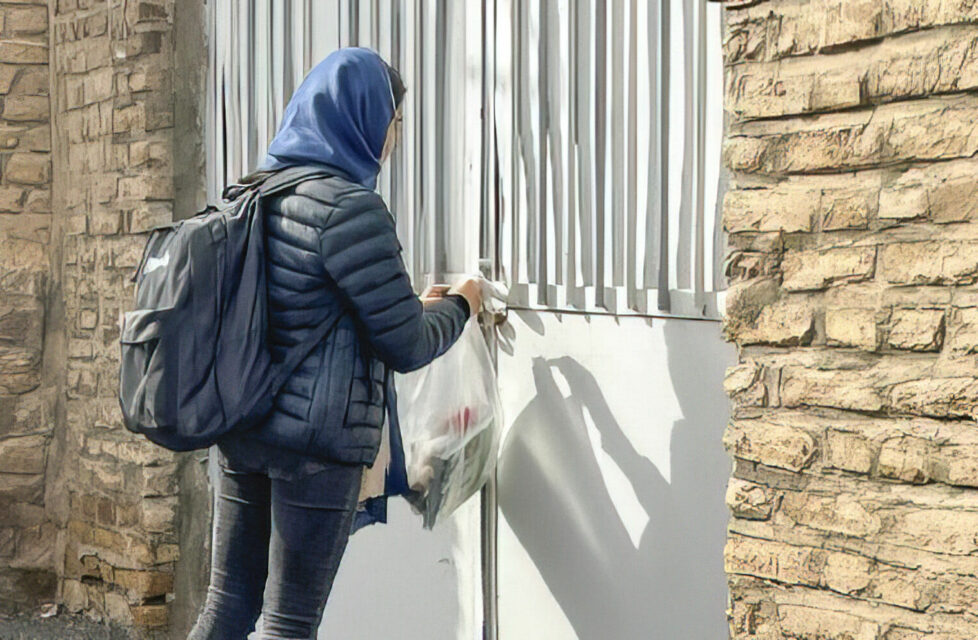Shahrokh came to know Jesus Christ while struggling with drug addiction. After overcoming his addiction and placing his trust in Christ, the former Muslim began leading his own addiction-recovery group, walking participants through a 12-step program that acknowledges a higher power without mentioning God or Jesus. In Iran, where it is illegal to leave Islam, that’s the only way he can operate. Group leaders like Shahrokh know that if they are caught leading Muslims to Christ they can be charged with “acting against national security,” a common charge against Christians in Iran. So when an Iranian security official suddenly summoned Shahrokh to his office to discuss his work, Shahrokh had a good idea of what to expect. The security official knew Shahrokh had become a Christian and wanted to prevent him from sharing his faith with others. He tried to corner Shahrokh with his questions during the interrogation, but the Holy Spirit gave Shahrokh the right words to say. Surprised by His Boldness Acknowledging his role as a group leader in the city, Shahrokh told the official that he maintains regular contact with group members as they work to overcome their addiction. And he reminded the official that the group
Read MoreMina always felt a deep sadness when the Islamic call to prayer filled the air. Growing up as a Christian in Indonesia, the world’s most populous Muslim country, her heart ached for those who didn’t know Jesus Christ. Then, one day in 2010, she felt compelled to do something about it: She decided to love and share the gospel with her Muslim neighbors. One of the first women she approached in the streets of Makassar cried as Mina shared her testimony. Mina, who was still a teenager, held out her hand and asked the woman if she could pray for her. After praying, she invited the woman to study the Bible with her. The woman not only agreed but brought six other women to the Bible study with her. “We would sing and I would read the Bible,” said Mina. “I told my pastor, ‘I think this is what the Lord wants me to do.’” A Growing Love for Muslims Mina’s pastor connected her with a longtime missionary, who taught her the methods that she had used to effectively reach Muslims with the gospel. “The more I learned, the more my love grew for them,” Mina said. The work, however,
Read MoreIn Matthew 10, Jesus tells his followers not to worry when they are called before authorities to explain their faith. Bassam, a believer living in the Arabian Peninsula, has heeded this admonition many times when confronted by bosses, judges and angry family members. The year 2013 was a turning point in Bassam’s faith. Though he had come to know Jesus Christ eight years earlier, he had kept quiet about it, meeting privately with the man who had led him to Christ and worshiping at the only Christian fellowship in the area when he was able. “He was like most Muslim background believers in our area,” said Surur, a front-line worker. “[They] keep to themselves and do not share their faith.” Then, one day, Bassam came to Surur with an announcement. “I’ve been spiritually sleeping all these years,” he told his mentor, “and I can no longer keep my faith in Christ to myself. I feel strongly compelled to tell everyone about the only true God, Jesus.” That is when Bassam’s walk of suffering began. First, his wife rejected him, telling everyone in her family that she was married to an unclean man. And since Bassam worked for the police, she
Read MoreInsights From Cole Richards, VOM President, On Hinduism’s Impact in India The following reflection is written by Cole Richards, President of The Voice of the Martyrs. In this insightful passage, he reflects on the dangers of Hinduism and how it affects our brothers and sisters in India Hinduism is misunderstood in the United States. I am often asked how the same religion that is viewed as a source of positivity in our popular culture can produce such violent persecutors of Christians. The answer is that the seemingly peaceful and tolerant ideas that have been extracted from Hindu belief and popularized in the U.S. since the 1960s do not reflect the religion as practiced by approximately 1 billion people on the Indian subcontinent, the place of its origin and historic majority. At Hinduism’s core is the caste system, which is easily among the most oppressive and restrictive social constructs ever devised. In the West, many admire the concept of karma as the belief that if one does good, one will receive good. And reincarnation is viewed as an attractive idea of unending life. But those concepts are foreign to Hinduism as practiced in India, where the caste system traps each individual at
Read MoreBindi met her future husband in 2017, when her father brought a young coworker named Kande to their home in India’s Jharkhand state. Among their earliest conversations was a discussion about someone named Jesus, whom Kande was eager for Bindi to know. “He told me about his life-changing experience with Jesus and the peace he had been experiencing,” Bindi recalled. “He helped lead me to accept Jesus as my Savior.” Although Bindi’s parents held animist beliefs, they approved of their daughter’s decision to follow Christ as well as her desire to join Kande in marriage. After the wedding, the newlyweds moved into a home Kande had built in a nearby village, where they were the first — and only — Christians in the Hindu community. As they got to know their neighbors, Bindi and Kande often shared the gospel with them and prayed for those who were sick. Soon, however, their Christian faith caught the attention of village leaders. And some in the community started calling them names, eventually leading to threats of violence against the couple. “With prayer and our trust in God, we continued our journey with Jesus,” Bindi said. An Unthinkable Attack Kande served at his church
Read MoreInsights From Cole Richards, VOM President, On Sharing the gospel among Islamists in Africa The following reflection is written by Cole Richards, President of The Voice of the Martyrs. In this insightful passage, he discusses the rise of violent Muslim extremism across Africa and how God is still working across the continent. The rapid spread of Islamist ideology, oppression and violence in Africa has become one of the most important stories of our time. Millions of our Christian brothers and sisters in Africa have suffered greatly, including tens of thousands who have been driven from their homes while watching their possessions and livelihoods disappear amid the Islamist dream of a global caliphate. The Fulani, an African people group composed largely of migrant herdsmen, have come to be viewed as infamous villains within this larger story. Islamists among them have carried out an extended campaign of kidnapping and butchery across several nations with significant Christian populations. Armed extremists among the Fulani are indistinguishably mixed with other tribesmen who travel widely, freely and unpredictably across West and Central Africa. While Islamist regimes and more organized terrorist groups have identifiable features (leaders, armies, police, courts, councils, etc.) that help us watch, track and respond
Read MoreInsights From Cole Richards, VOM President, On Training Young Believers The following reflection is written by Cole Richards, President of The Voice of the Martyrs. In this insightful passage, he offers insight on raising up a new generation of believers in our nation. Years ago, I was standing with the elders in a remote village near the border of Syria and Turkey as their Islamic festival began. My wife was across the square with other young mothers, and our two children, ages 3 and 2 at the time, were playing happily with a large group of toddlers. My wife, wearing the head-to-toes traditional clothing required for women, did not draw attention, but our children’s bright blond hair made them immediately noticeable to all. With the exception of us four, everyone in the village was devoutly Muslim. We knew that some were Islamists, people who sought to make their country entirely Muslim, by force if necessary. As a frontier missionary family, it had taken more than a year for us to gain enough respect to be invited to visit such an entirely unreached village. And they were still resistant to everything we shared about Christ. We were there to communicate eternal truth
Read MoreInsights From Cole Richards, VOM President, On Responding to Issues The following reflection is written by Cole Richards, President of The Voice of the Martyrs. In this insightful passage, he offers insight on being united with our persecuted family members. When I tell people about persecuted Christians, I often receive a problematic but understandable response: “The world is a big place! I care about poverty, war, natural disaster, human trafficking, lack of education, persecution and many other troubling issues. But I can engage with only a few of these many problems and needs!” I heartily agree that we are not meant to be continually immersed in the world’s problems. However, there is a critical distinction to be made. Persecuted Christians are not a problem to be solved or a need to be met. They are our family, and together with us they are the body and bride of Christ. The truth we encounter in God’s Word is the highest, most important truth. For example, the reality of a believer’s death in this world is eclipsed by the greater truth of that believer’s eternal life in the presence of the Lord. Similarly, while it is true, as I write this, that I am
Read MoreInsights From Cole Richards, VOM President, On Responding to Evil The following reflection is written by Cole Richards, President of The Voice of the Martyrs. In this insightful passage, he offers insight on how the global body of Christ can respond to acts of violence against fellow believers. There are often stories in our magazine that describe acts of cruelty. We present these true testimonies carefully and responsibly, yet readers will surely experience strong emotions as they enter into fellowship with our precious Christian family members who have suffered. The word “inhuman” is sometimes used to describe acts of cruelty and abuse, and that usage has merit in declaring the truth of evil spiritual powers that inspire the acts of wicked men. However, scripture informs us that abominable acts are inherently part of the fallen condition of lost and sinful people. We may be shocked by cruelty and wickedness, but we should not be surprised. The Apostle Paul describes the lost as being “dead in their trespasses and sins” (Ephesians 2) and quotes the Psalmist in Romans 3:13–18 to explain the extreme depth of this lostness. Apart from God, he says, “all have turned aside; together they have become worthless; no
Read MoreInsights From Cole Richards, VOM President, On the impact of god’s word The following reflection is written by Cole Richards, President of The Voice of the Martyrs. In this insightful passage, he reflects on the impact of the Bible on the global body of Christ. Most of us are like Timothy, who from childhood was “acquainted with the sacred writings, which are able to make you wise for salvation through faith in Christ Jesus” (2 Timothy 3:15). We have had access to Scripture all our lives. But hundreds of millions around the world have not had a chance to hear of their Savior, Jesus Christ our Lord, and millions of those who have come to Christ in restricted nations are still waiting for their first Bible. Our enemy is the father of lies (John 8:44), and among his most powerful deceptions are the false hopes he designs to resemble God’s truth. Iran’s 1979 Islamic Revolution is one example of such a deception. The Iranian people, convinced of the virtue in rejecting secularism, embraced the false hope of an Islamic theocracy. Since then, the Iranian people have suffered the failures of a false religion for four decades. Islam, like other deistic or
Read More
